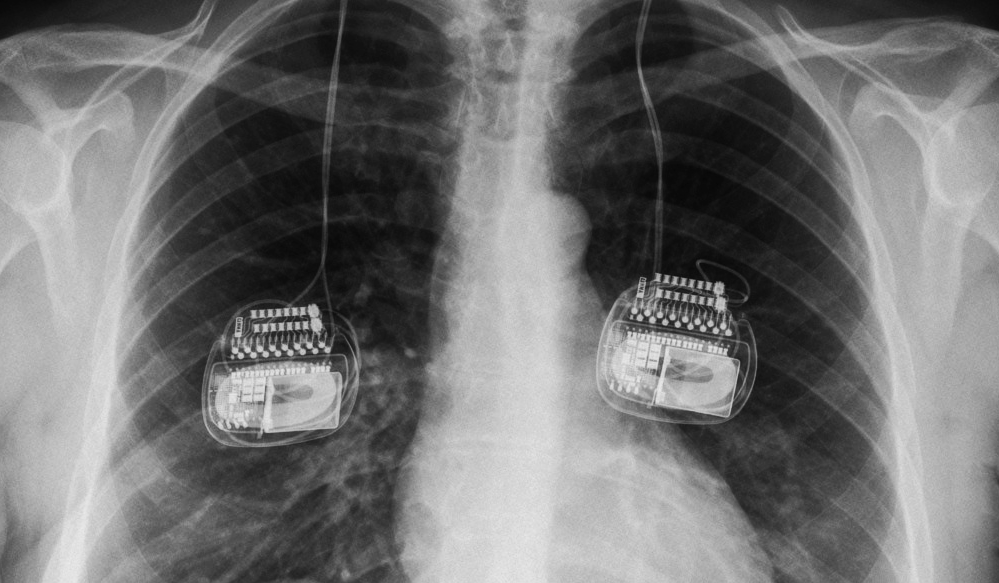New paper published in special issue of Brain-Computer Interfaces
September 16th, 2016I’m excited to announce that our paper, “Controlling Our Brains – a Case Study on the Implications of Brain-Computer Interface-Triggered Deep Brain Stimulation for Essential Tremor,” was just published in Brain Computer Interfaces. This article makes up one part of a special issue on ethics in Brain-Computer Interface research edited by Eran Klein—one of my collaborators and mentors at the CSNE. Special thanks go to my cross-disciplinary group of co-authors: Margaret C. Thompson, Jeffrey Herron, Andrew Ko, Howard Chizeck, and Sara Goering. Check out the abstract below:
Deep brain stimulators (DBS) are a neurotechnological means of treating a variety of movement disorders, including essential tremor (ET). Current stimulation systems apply an electrical current to targets in the brain at a constant rate for as long as they are implanted and activated – treating symptoms but causing uncomfortable side-effects and inefficient power usage. Some users feel estranged or isolated for various reasons. Next-generation DBS systems could use the patient’s self-modulated neural signals to trigger stimulation. These brain-computer interface-triggered DBS (BCI-DBS) systems would give the user the ability to moderate side-effects and reduce battery power consumption. It’s not yet clear, however, whether neural control will alleviate or exacerbate psychosocial problems. To explore these concerns, we conducted interviews with an ET patient using an experimental BCI-DBS platform. Our interviews offer preliminary insights about what problems ET patients may face while using BCI-DBS.
